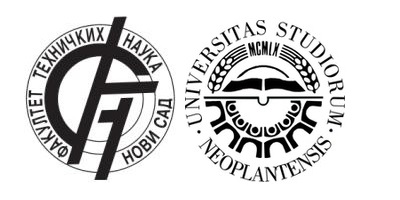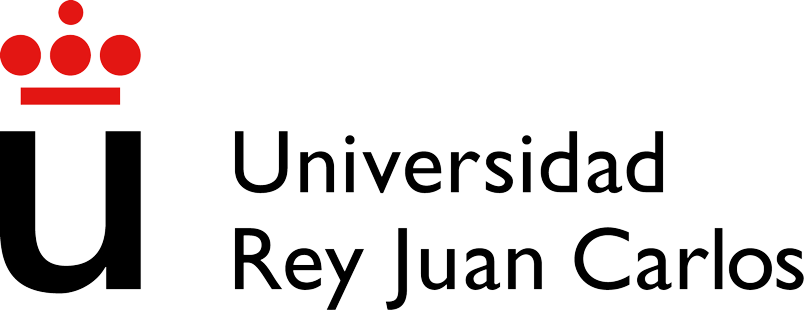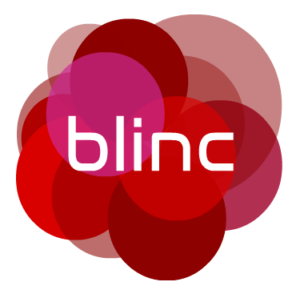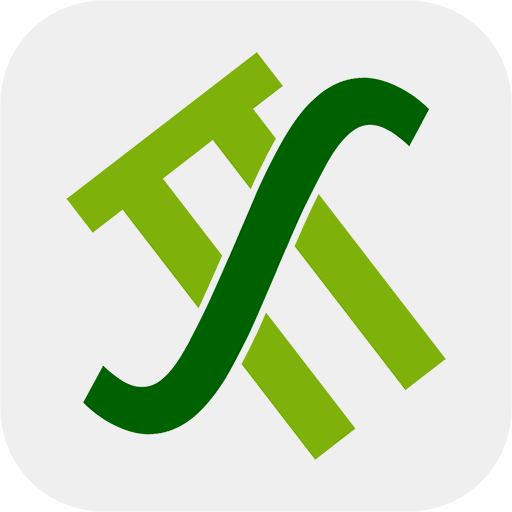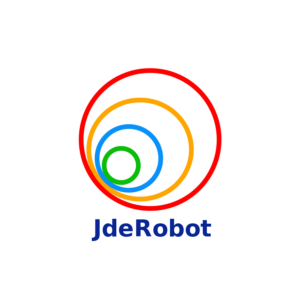Partners
Tallinn University
Project Coordinator, Tallinn University has a historical role at the centre of teacher education in Estonia as TLU is at the forefront of educational innovation.
With the establishment of the Centre of Excellence in Educational Innovation, TLU reinforced its commitment to innovative and evidence-based teacher education, school management and educational policy.
TLU has particular expertise in digital didactics focusing on the transformation of education and educational innovation.
With EdTech Estonia, Start-Up Estonia, Ministry of Education and Estonian schools and kindergartens the Educational Innovation Co-creation development programme for Estonian EdTechs have been established.
Team: Janika Leoste, Sirly Väät, Madis Saluveer, Voldemar Tomusk, Maire Tuul, Mart Laanpere, Martin Sillaots, Aija Sakova, Merle Pajus, Kristjan Kask, Kadri Mettis, Katrin Männik, Andres Karjus
University of Novi Sad, Faculty of Technical Sciences (FTS)
The Faculty of Technical Sciences (FTS) stands as the largest and most extensive faculty within the University of Novi Sad.
FTS proudly boasts a community comprising approximately 16,000 students and 1,500 employees. Established in 1960, the faculty has upheld a steadfast commitment to nurturing innovation and academic excellence.
Offering a broad spectrum of programs encompassing engineering, computer science, management, and information technology, it magnetizes students from diverse corners of the world.
Faculty members actively participate in an array of significant projects, including Horizon, Erasmus+, COST, and other pertinent initiatives, further enhancing its global impact and recognition.
Team: Uglješa Marjanovic, Slavko Rakić, Miroslav Stefanovic, Goran Tepic, Danijela Ćirić Lalić, Branko Spasic, Natasa Samardzic, Darko Stefanovic, Igor Graic, Bojan Lalic, Olivera Sulc
Obuda University
Obuda University, an associate partner, is the primary practice-oriented technical university in Budapest, Hungary, with its engineering and applied science departments and programs among the oldest in the country.
OU has one of the most welldeveloped ecosystems for innovation and entrepreneurship among technical universities in Europe, bringing new ideas and inventions from the classrooms and research laboratories at OU into the real world, where they can create new jobs and help solve tasks and challenges in society.
Team: Gabriella Mária Nagy, Zoltán Márton, Sándor Kirchhof.
Johannes Kepler University Linz – JKU
Johannes Kepler University Linz – JKU. Today, more than 20,000 students study at the JKU, at four faculties and 127 institutions, and in more than 60 modern, hands-on academic degree programs.
Linz School of Education is a faculty at JKU, closely connected with GeoGebra, together with whom it works on improving education. GeoGebra is a global learning platform that today has more than 100 million users and contains about 10 million diferent educational materials.
JKU excells in developing and adapting approaches to the use of digital tools as an instrument for collaborative learning between students with disabilities and students without disabilities; preparing digital learning content for students with disabilities; use of digital educational tools for macro and micro adaptations of teaching content for students with disabilities; use of digital tools to evaluate the learning outputs of students with disabilities.
Team: Zsolt Lavicza, Filiz Mumcu.
Rey Juan Carlos University
Rey Juan Carlos University: One of the aims of URJC is to contribute to productive development and social welfare by transferring knowledge and technology through the establishment of channels of collaboration with different productive sectors and public or private institutions.
Through CINTTEC, URJC supports its researchers to promote the technologies and capabilities arising from research activity.
Therefore, the Technological and Skills Offer forms part of the transferable results of the URJC, which are the product of the research and innovation work carried out by our researchers to serve social and economic challenges.
Team: Luis Pastor, Piedad Tomos, María Eugenia González de Quevedo.
Bielefeld University
Bielefeld University (UNIBI) is a research-oriented, internationally oriented university that attaches great importance to high quality in teaching and research.
UNIBI’s strength of research is underlined, among other things, in collaborative research centres, DFG research groups, ERC grants, Heisenberg professorships and participation in the “it’s OWL” top cluster of the Federal Ministry of Education and Research.
The Faculty of Education multiplies research, teaching and cooperation activities related to the challenges and opportunities of inclusive education.
Bielefeld Laboratory School provides important support for the study of innovative inclusive practices.
Team: Cristina Popescu, Antoanneta Potsi
EdTech Center Western Balkans
EdTech Center Western Balkans (EDTRS) has been established by education experts and practitioners who have united around the idea to improve the quality of education for all students from the Western Balkans.
The EDTRS brings together local EdTech start-ups, schools, researchers and policymakers.
EDTS offers education professionals assistance in developing the digital skills of students, hereby contributing towards improvement of the quality of the education system by smarter and better use of information and communication technologies at all levels of education.
EDUCATION:NEXT
EDUCATION:NEXT – association of Hungarian EdTech companies provides a unique community for EdTech companies to get noticed, gain knowledge critical to business success, and join to influence policies that impact this growing industry.
We help members and the ecosystem to navigate and stay current on education trends, laws, and policy to respond to the needs of and better serve educators and students.
EDTHU members and sponsoring partners share a passion for embedding the effective use of technology into teaching, learning and school management.
Team: Adam Horvath, Sandor Feher
EdTech Estonia
EdTech Estonia aims to make Estonia the leading EdTech country. EDTEE offers the most direct access to the majority of the private EdTech sector in Estonia, including a large diversity of companies (whether geographic location within Estonia, focus of solutions, target groups, stages of company development, export focus, etc.).
These companies have the possibility to adjust their solution and at times, even business model very quickly to market demands, offering the possibility for a diverse experience for a researcher to witness during the 48 months.
Team: Liis Siiroja
BLINC EG
BLINC EG (BLINC) is a German cooperative working in innovative fields of learning and validation, supporting mobility and young entrepreneurship projects and initiatives, innovative formats for contents like circular economy, design thinking, entrepreneurship education, CSR and Sustainable Development Goals.
It consists of 25 members forming an interdisciplinary team of project managers, trainers, teachers and coaches, programmers, meedia designers and blended learning creators.
Since 2005 the BLINC eG has been collaborating as partner organisation in 60 European funded projects, from 2017 on it has been also lead partner in six ERASMUS+ projects.
Starting in 2007, BLINC has organised 14 European REVEAL conferences with more than 1.500 participants on innovative approaches on competence oriented learning and validation.
Team: Tim Scholze, Sebastian Schwäbe, Jens-Michael Lohse.
MatheArena GmBH
MatheArena pursues the goal of bringing mathematical knowledge closer to students with the help of a smartphone or tablet (lower and upper secondary school).
They have a team of 9 persons in the background responsible for development, content, and marketing.
MatheArena project is research based, an economic project out of a theory-based idea in the topic of EdTech, with the objective to enhance the sustainable development of our educational project/product to ensure qualitative support for learners (in- and outside of schools).
Specifically, MatheArena is currently working with Cognitive Load Theory, Motivation theory, adaptive testing, Elo Chess Rating, and task difficulty in math education.
JdeRobot
Currently robotics applications are typically distributed, made up of a collection of concurrent asynchronous components which communicate using some middleware. Building robotics applications is a complex task. Integrating existing software pieces and using several tools may increase the software robustness and shorten the development time. JdeRobot toolkit provides several tools, resources, libraries and reusable nodes for Robotics, Artificial Intelligence and Computer Vision applications.
We love open source software. All our software is ROS friendly. It has been developed mainly in Python, C++ and even JavaScript. Our mission is threefold: develop useful open source robotics software, foster robotics education worldwide, and also do some research in robotics.
JdeRobot is registered as non-profit organization in Spain. Our international community mainly works on three areas: Robot Programming Tools, Robotics Education and AI driven Robotics.
Team: JoseMaria Cañas Plaza
Continue to the About page, Partners or to Events & News.


